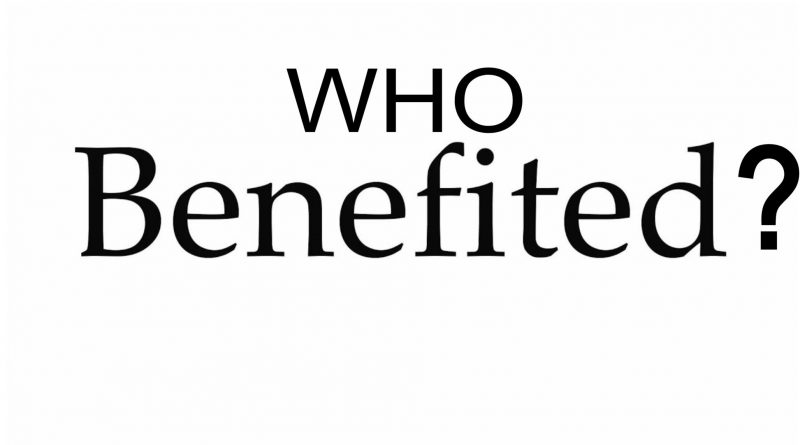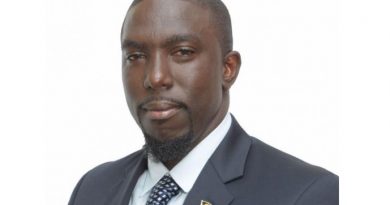Residents ask who benefited from $300 million in concessions this year and last, when so many are struggling
After pledging in the 2023 Budget Presentation that he would stop
granting tax waivers, including duty-free concessions, Finance
Minister Gaston Browne appears to have reneged on his own
promise.
This year, to date, the minister has deprived the Treasury of almost
EC$300 million in tax revenues.
In Thursday’s Throne Speech, Governor General Sir Rodney
Williams reported that the waiver of customs duty, the Antigua and
Barbuda Sales Tax, the Revenue Recovery Charge, and, in some
instances, the environmental levy, had caused the Government to
waive nearly EC$300 million in taxes in 2022 and a similar amount
in 2023.
Allegedly, EC$175 million was discretionary, while the other portion
was decreed by statute, Sir Rodney says.
Notwithstanding this reality, the Government is making yet another
promise to reduce discretionary waivers in order to increase tax
yields.
This should also help it to meet the obligations of pensions and
increases in salaries and wages negotiated with trade unions.
Some persons are asking to whom all these concessions were given
these past two years, since so many families are struggling
financially.
Pundits say that, more than likely, the rich were the recipients of
these concessions, including the Peace Love and Happiness (PLH)
investors who reportedly are exempt from taxes.
Now, the experts say, the poor will have to pay for the wealthy when
the Government hikes the ABST to 17 percent, an increase of 13
percent in that tax.
Yet, the Browne Administration is still “peddling its economic
powerhouse gimmick,” as one resident describes it, saying that it is
“very much uppermost in the minds of the decision-makers when
multi-faceted policies are being contemplated by the Cabinet of
Ministers.”
“But really, who will benefit from this powerhouse when there
continues to be a wide gap between the rich, middle class and the
poorer class?” an expert asks.




